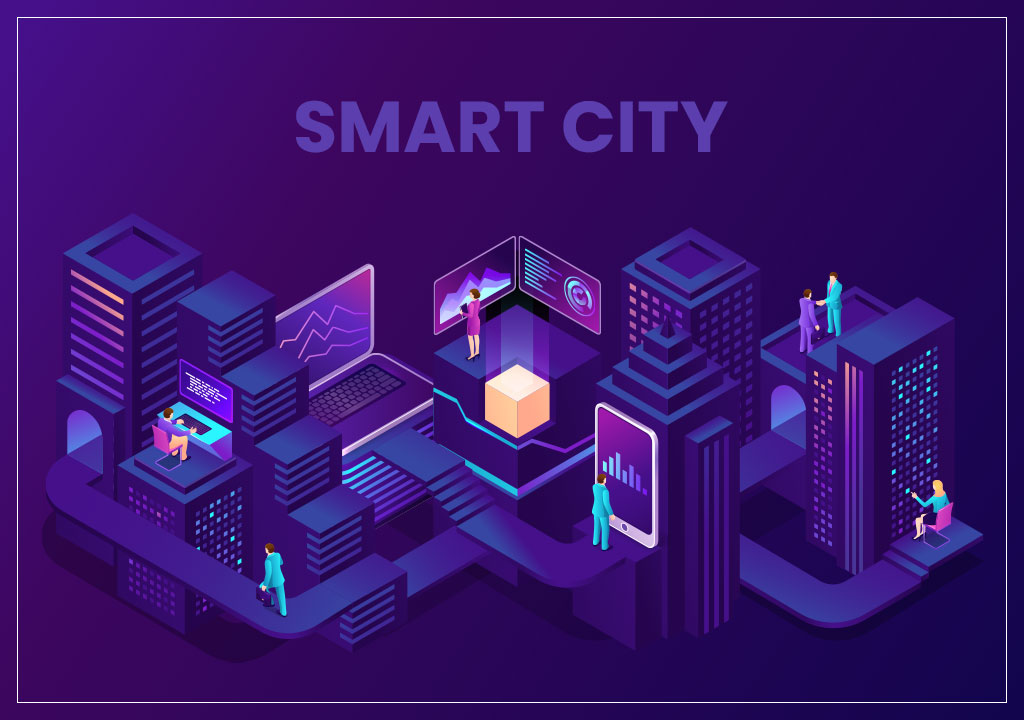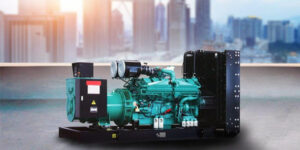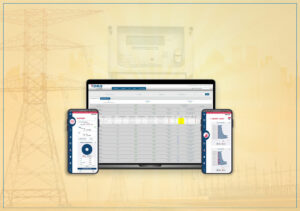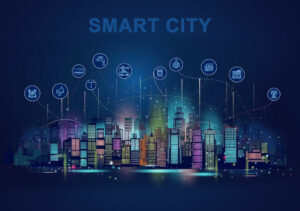INTRO: Among the hosts of benefits offered by smart cities to its residents, a significant one is in the field of transportation. Backed by Internet of Things, the advanced transport infrastructure provided by smart cities brings an end to all your traffic woes, besides making the urban mobility more comfortable, and sustainable. Radius Synergies’ smart city solution, in this context, is a major boon.
By using sensors to detect traffic flow and adjust the signal timings accordingly, congestion on the roads can be reduced
Advanced data analytics tools are being used to identify traffic patterns, predict congestion, and provide commuters with personalised travel recommendations
Smart city infrastructure is revolutionising transportation by making one’s travel more efficient, eco-friendly, and seamless. Traffic jams, prolonged driving hours, and parking hassles are gradually becoming a thing of the past, thanks to the cutting-edge technologies being adopted by the smart city authorities.
One of the key innovations driving this transformation is the Internet of Things (IoT), which enables connected devices to communicate with each other in real time. Smart traffic lights, for instance, can detect traffic flow and adjust signal timings accordingly, reducing congestion and improving traffic flow.
This is just one example of how IoT technology is being used to improve transportation. By using sensors to detect traffic flow and adjust the signal timings accordingly, congestion on the roads can be reduced. This, obviously, leads to improved traffic flow and shorter travel times for commuters. More importantly, this technology can also be used to prioritise public transit and emergency vehicles.
Besides, smart parking systems are also playing a vital role in alleviating parking woes of people. With the help of sensors and real-time data, drivers can easily find available parking slots. In fact, they can even reserve the slot in advance, thereby cutting down on time and fuel spent on the road looking for parking space.
Another significant contribution to improved transportation is the rise of electric and autonomous vehicles, which reduce carbon emissions and road accidents. Smart city infrastructure is providing the necessary charging infrastructure and data to enable widespread adoption of these technologies.
Apart from all these, advanced data analytics tools are being used to identify traffic patterns, predict congestion, and provide commuters with personalised travel recommendations. This helps people plan their journeys better, avoid peak-hour traffic, and save time and money. The integration of these technologies has created a transportation ecosystem that is safer, more efficient, and sustainable.
In this regard, an IoT-based smart city solution developed by Radius Synergies International is worth mentioning. This smart solution that runs on Xenius platform, displays all of the parameters collected from all the sensors installed in the field in a dashboard, allowing all stakeholders to analyse the data and make informed decisions.
As cities continue to grow and urbanisation accelerates, smart city infrastructure will play a crucial role in improving transportation and enhancing the quality of life of citizens.
DISCLAIMER
Observations and options expressed in the article (except where specifically validated by market numbers and stats) belong to the contributing writer of the article, and are not necessarily indicative of the company’s position and stance in the matter.












